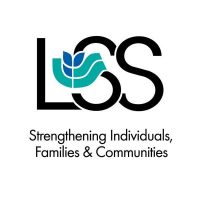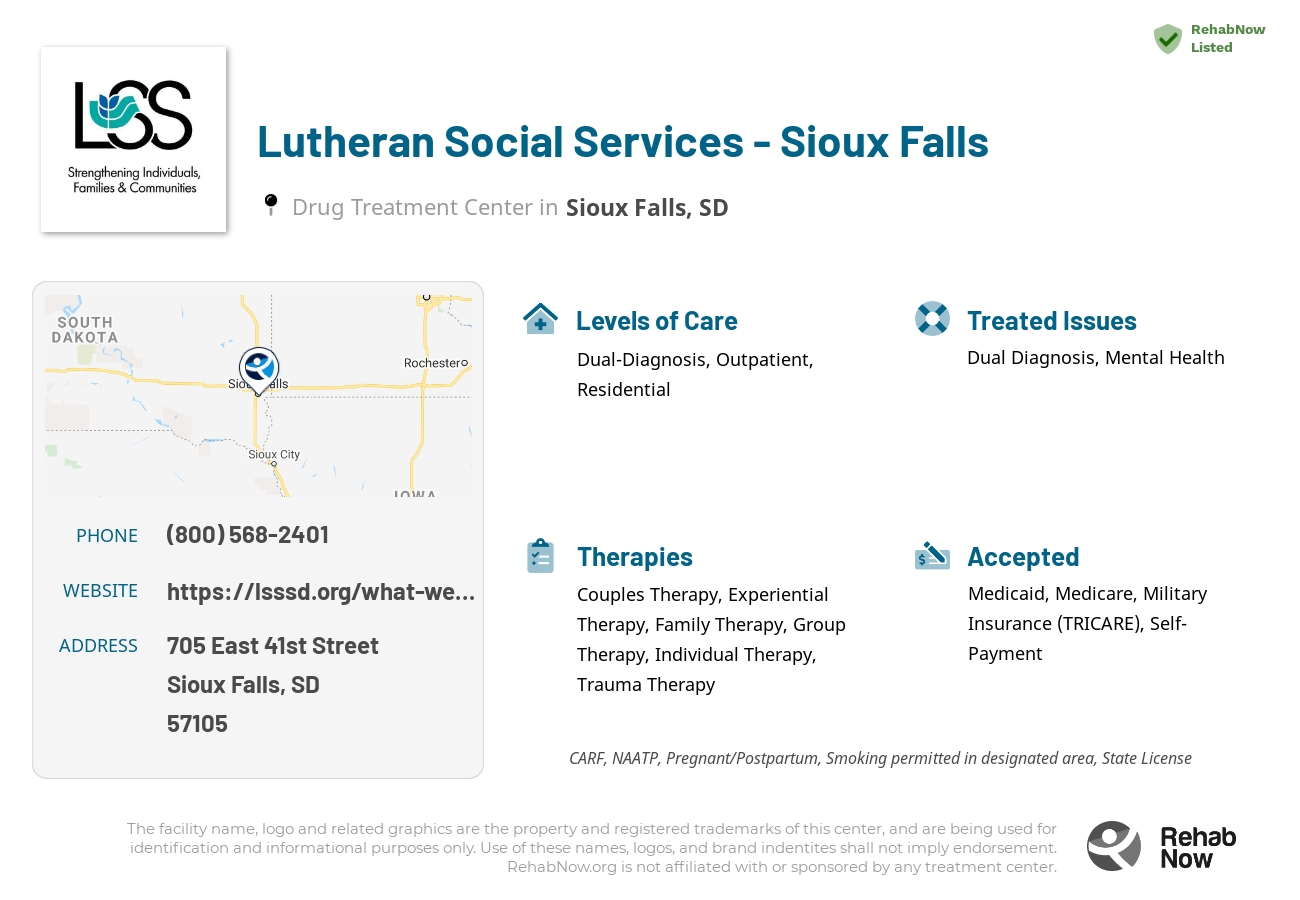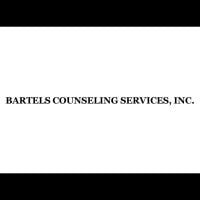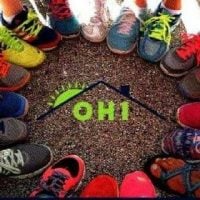Lutheran Social Services - Sioux Falls
Drug Rehab Center in Sioux Falls, South Dakota
Lutheran Social Services - Sioux Falls is an addiction treatment center in South Dakota that offers comprehensive and personalized services for those struggling with addiction, substance abuse, and mental health issues, including individual, group, and family therapy and medication-assisted treatment.
About This South Dakota Facility
Lutheran Social Services - Sioux Falls is an addiction treatment center located in Sioux Falls, South Dakota. Founded in 1989, the facility offers comprehensive and personalized services for those struggling with addiction, substance abuse, and mental health issues. Lutheran Social Services offers a range of services for adults who are seeking to overcome addiction and regain their physical, mental, and spiritual well-being. Their approach is evidence-based and includes individual, group, and family therapy, as well as 12-step programs for recovery and relapse prevention.
At Lutheran Social Services - Sioux Falls, therapists provide a personalized treatment plan for each client. This includes cultivating a safe and supportive environment where individuals can identify and work through the root causes of their addiction and find the motivation to make positive changes. Clients are also given therapeutic skills to cope effectively and successfully with life’s challenges. Additionally, the center uses medication-assisted treatment and a variety of approaches to help individuals break the cycle of addiction.
Lutheran Social Services - Sioux Falls is accredited by The Joint Commission and is licensed by the state of South Dakota as an outpatient treatment program. The staff at the facility are also members of various organizations including the National Association of Alcoholism and Drug Abuse Counselors and the National Board for Certified Counselors. Lutheran Social Services - Sioux Falls has received a “seal of excellence” from the US Department of Health and Human Services for its commitment to providing quality services.
Genders
Ages
Modality
Additional
Conditions and Issues Treated
When addiction and psychiatric issues co-occur, the addict’s recovery is more successful when both conditions are treated. A dual diagnosis refers to a condition in which the patient is diagnosed with two health issues: addiction and bipolar disorder.
Usually, dual diagnosis sufferers are prescribed a combination of treatments for each condition. The most common therapies are psychotherapy, behavioral therapy, spiritual counseling, 12-step programs, and medication management.
Psychiatric conditions are an obstacle to recovery because they can create roadblocks to a healthy lifestyle. Drugs and alcohol may be used as a means of self-medication, which can have dangerous consequences. Over time, addicts build up a tolerance and suffer withdrawal symptoms when drug use is stopped.
With the proper treatment, dual diagnosis sufferers can overcome their conditions and achieve lasting sobriety.
Levels of Care Offered at Lutheran Social Services - Sioux Falls
This center offers a variety of custom treatment tailored to individual recovery. Currently available are Dual-Diagnosis, Outpatient, Residential, with additional therapies available as listed below.
Individuals struggling with drug addictions can get help from several treatment options, including inpatient and outpatient programs. Outpatient drug treatment programs can also provide patients with different levels of care, usually depending on the patient’s degree of addiction.
At an outpatient program in Sioux Falls, a patient will attend a recovery program during the day and return home in the evening. Suppose a patient is struggling with drug addiction. In that case, an outpatient program can serve as an effective transition point during the recovery process.
Residential treatment programs are those that offer housing and meals in addition to substance abuse treatment. Rehab facilities that offer residential treatment allow patients to focus solely on recovery, in an environment totally separate from their lives. Some rehab centers specialize in short-term residential treatment (a few days to a week or two), while others solely provide treatment on a long-term basis (several weeks to months). Some offer both, and tailor treatment to the patient’s individual requirements.
Therapies & Programs
Individual therapy is a critical component of addiction recovery. It allows the patients to go deep into their core issues and discover how to handle those problems better. Therapy can be conducted in individual sessions as well as group settings. In individual therapy for addiction, the patient meets with their therapist one-on-one to focus on the underlying issues. This allows patients to open up and discuss personal topics they may not feel comfortable discussing in a group setting. This type of therapy can help develop solutions specific to each patient, which helps speed up the recovery process.
Couples therapy is beneficial for couples in which at least one partner has a substance use disorder. This type of therapy can help partners improve communication skills, which is an important factor in a healthy relationship. It can also help partners better understand one another so they have a greater understanding of how the other partner may be feeling.
Benefits of couples therapy include:
- Improvement in communication skills
- Increased understanding of the dynamics within a relationship
- Increased sense of support and trust in the relationship
- Better teamwork between partners/increased willingness to listen and work together
- Enhanced tolerance of each other’s shortcomings
- Improved ability to have open, honest communication with each other
Family therapy is a crucial part of drug treatment and getting sober. It is one of the most effective ways to help addicts stay on the path to long-term sobriety. When a drug addict decides that they want to try and get sober, it takes the support of every person they love to succeed. It can be incredibly difficult for loved ones to watch an addict go through the pain and suffering of withdrawal, but by being there with them and supporting them, they can help to make sure that the addiction never returns.
One of the most important parts of family therapy is the relapse prevention plan. During treatment, therapists and doctors will often sit down with the addict and their family to develop a plan in case the addict ever feels like they want to use again. This plan should involve steps the addict and family can take together to prevent them from relapsing in the future. An addict’s family can play a vital part in helping them to avoid relapse because they can spot the warning signs and help them get back on track before it becomes too much of a problem.
Group therapy helps prevent addicts from feeling isolated or unique in their situation by offering a sense of comfort and fellowship. It also creates a forum for addicts to build their support systems and learn from each other. The group therapy sessions at Lutheran Social Services - Sioux Falls occur in a group setting rather than one-on-one to create a safer, controlled environment where addicts feel comfortable.
Trauma therapy helps people dealing with addiction by allowing them to confront the traumas of their past and move past them. It is important to note that trauma therapy should not be confused with PTSD (post-traumatic stress disorder) Rather, it is used to treat the effects of trauma, which are often at the root of addiction.
Cognitive Behavioral Therapy (CBT) is a common therapeutic approach to help drug addicts. It teaches addicts new ways of thinking and behaving so that they can avoid relapse. There are several forms of CBT used in drug rehabilitation centers.
Cognitive Restructuring helps addicts identify faulty, negative thinking so that they can work together with the therapist to find healthier ways of thinking, resulting in better decision-making.
Cognitive Behavioral Therapy for Addiction uses the principles of CBT to help treat addiction. It focuses on specific aspects of each person’s thinking, feeling, physiology, and behavior. It aims to identify specific problems in these areas and create a personalized treatment strategy.
Patient Experience
Experiential Therapy at Lutheran Social Services - Sioux Falls
Experiential Therapy is a new approach to addiction treatment. Addiction-related psychological issues like depression and anxiety are addressed through physical activities.
Experiential Therapy can help those who have struggled with past traumas or life decisions like drug use. It allows people to gain new perspectives on their behavior patterns by recreating experiences in healthy ways rather than continuing old habits that may no longer serve them well.
Payment Options Accepted
For specific insurance or payment methods please contact us.
Lutheran Social Services of South Dakota Associated Centers
Discover treatment facilities under the same provider.
- Lutheran Social Services - Aberdeen Counseling in Aberdeen, SD
- Lutheran Social Services - Watertown Counseling in Watertown, SD
- Lutheran Social Services - Brookings in Brookings, SD
- Lutheran Social Services - Summit Oaks Center in Sioux Falls, SD
- Lutheran Social Services - Rapid City in Rapid City, SD
Learn More About Lutheran Social Services of South Dakota Centers
Additional Details
Specifics, location, and helpful extra information.
Sioux Falls, South Dakota 57105 Phone Number(800) 568-2401 Meta DetailsUpdated November 25, 2023
Staff Verified
Patient Reviews
There are no reviews yet. Be the first one to write one.
Sioux Falls, South Dakota Addiction Information
Although South Dakota is a sparsely populated and somewhat isolated state, it is equally impacted by the national drug epidemic. Substance abuse remains a significant issue that leads to injuries and deaths every year. 17.27% of all deaths between 2008 and 2017 were drug and alcohol-related. Methamphetamines and alcohol are the most commonly abused drug of abuse for those entering treatment in South Dakota.
In Sioux Falls, South Dakota, the community has been greatly impacted by drug addiction and abuse. There were 598 admissions to treatment centers for drug and alcohol addiction in Sioux Falls in 2014. This amounts to a rate of 9.8 per 10,000 population. Most drug rehab programs in Sioux Falls will offer a variety of treatments, such as individual and group counseling, addiction education, aftercare planning, and relapse prevention.
Treatment in Nearby Cities
- Canton, SD (162.2 mi.)
- Brookings, SD (55.3 mi.)
- Plankinton, SD (89.6 mi.)
- Madison, SD (39.3 mi.)
- Sisseton, SD (149.6 mi.)
Centers near Lutheran Social Services - Sioux Falls
The facility name, logo and brand are the property and registered trademarks of Lutheran Social Services - Sioux Falls, and are being used for identification and informational purposes only. Use of these names, logos and brands shall not imply endorsement. RehabNow.org is not affiliated with or sponsored by Lutheran Social Services - Sioux Falls.





